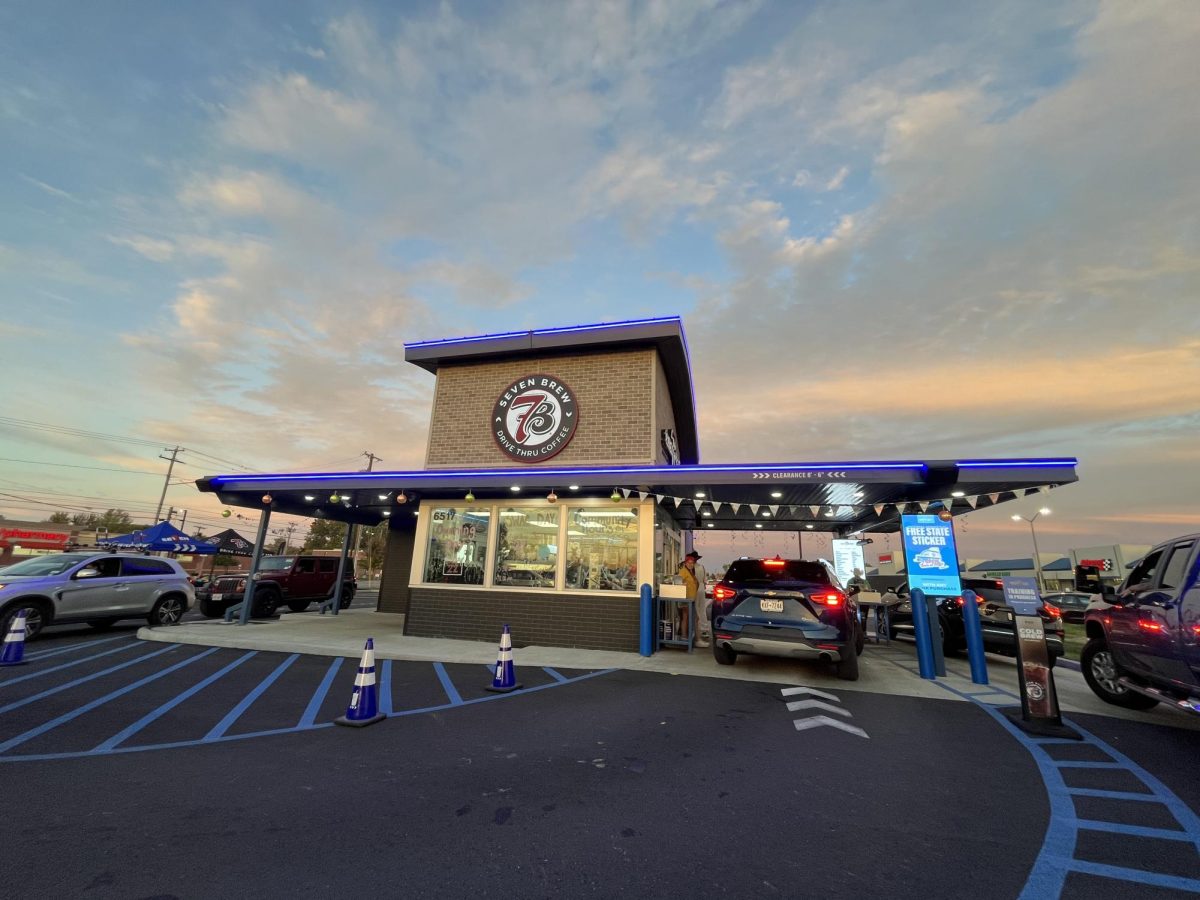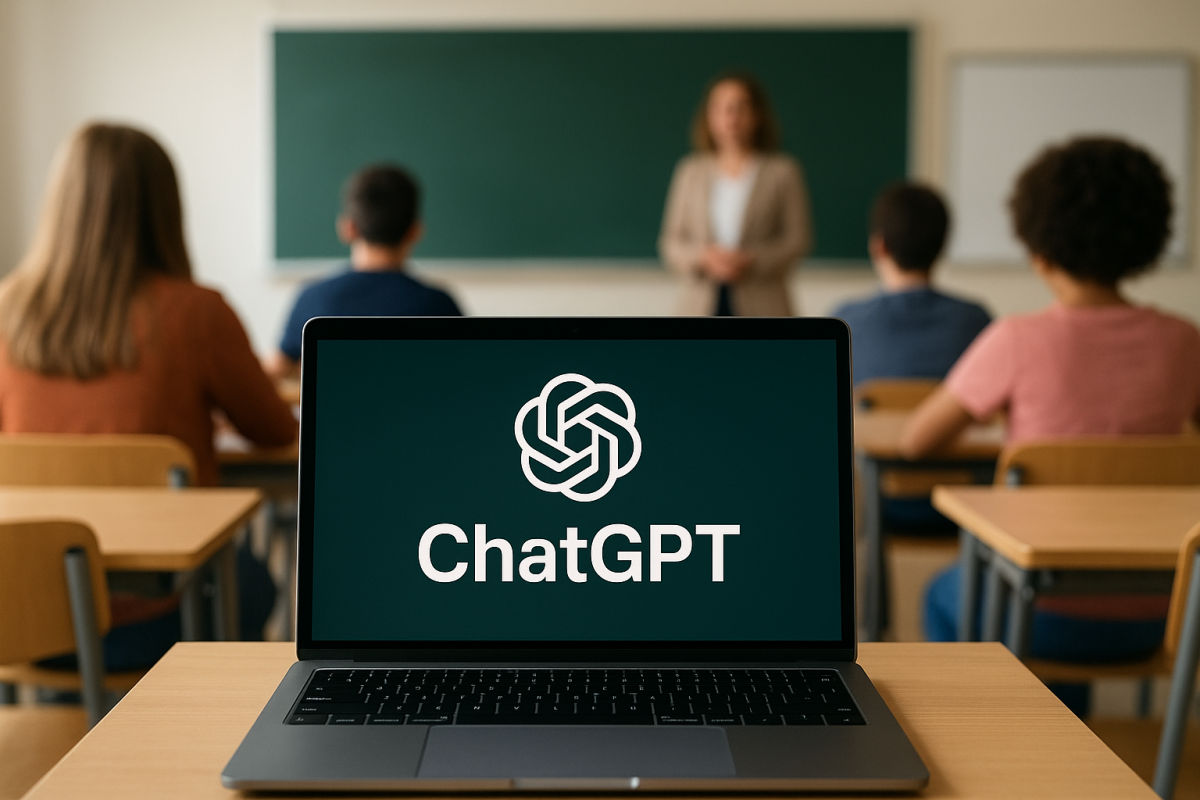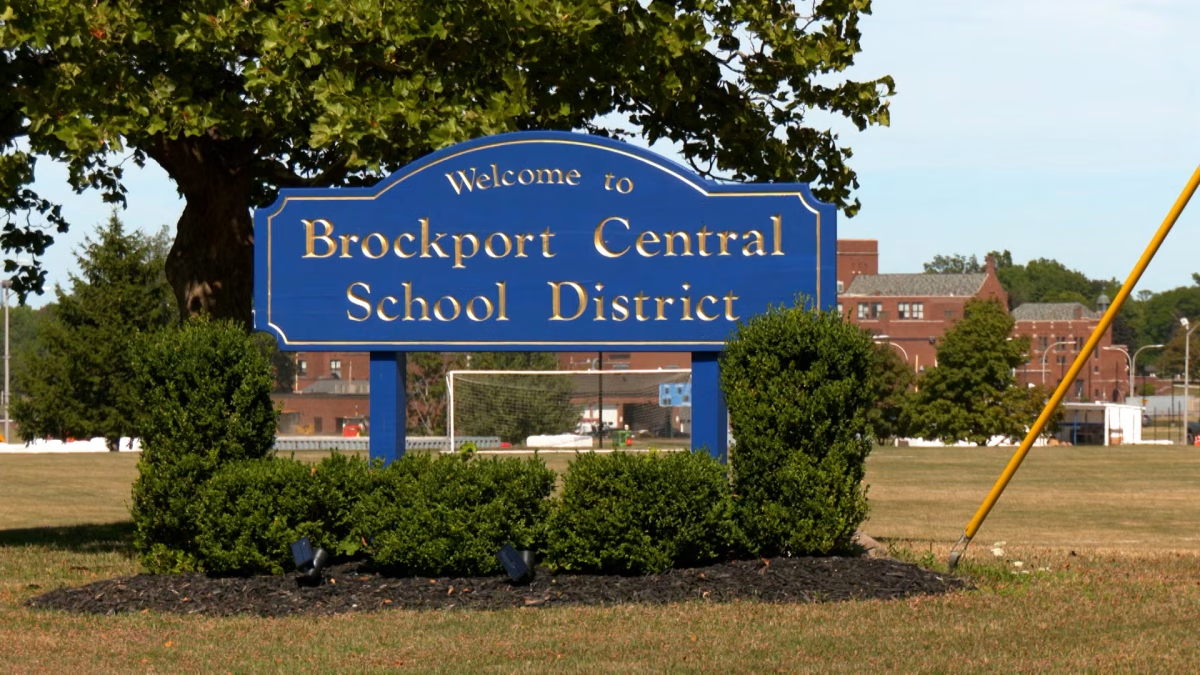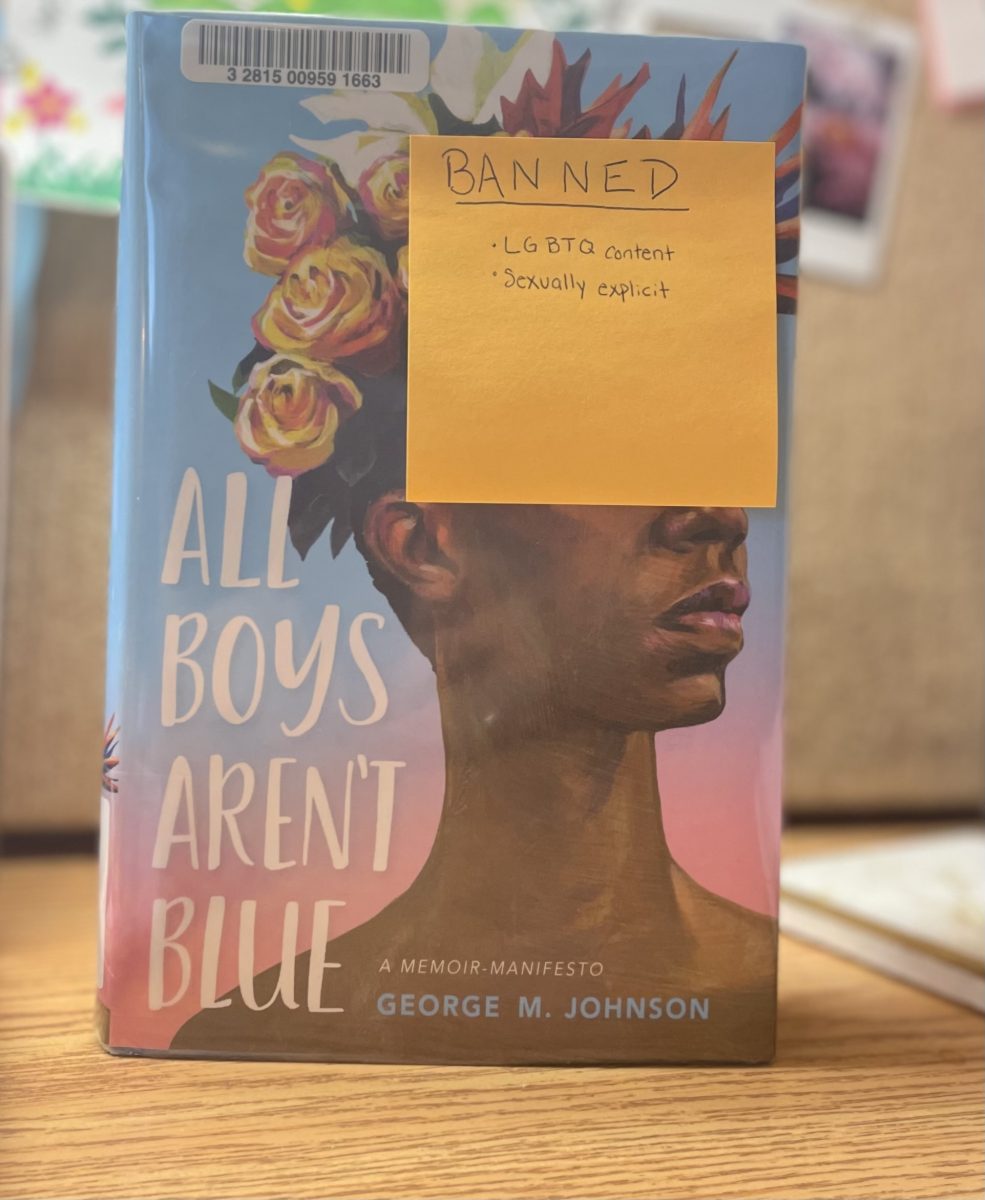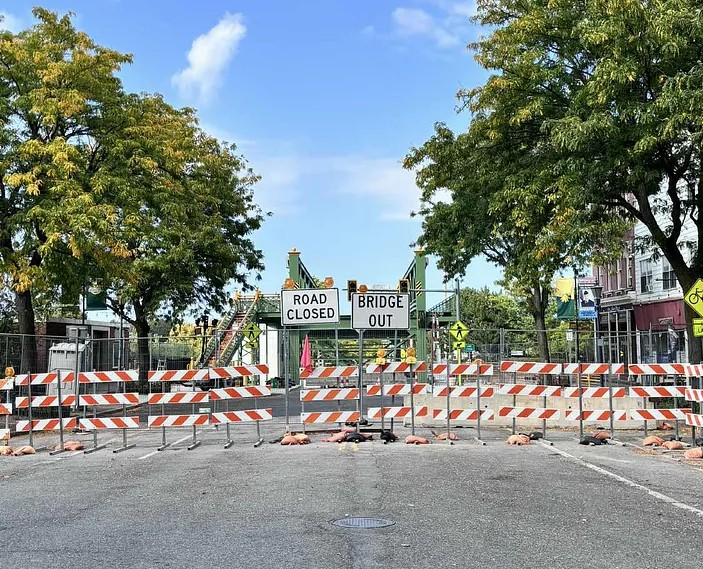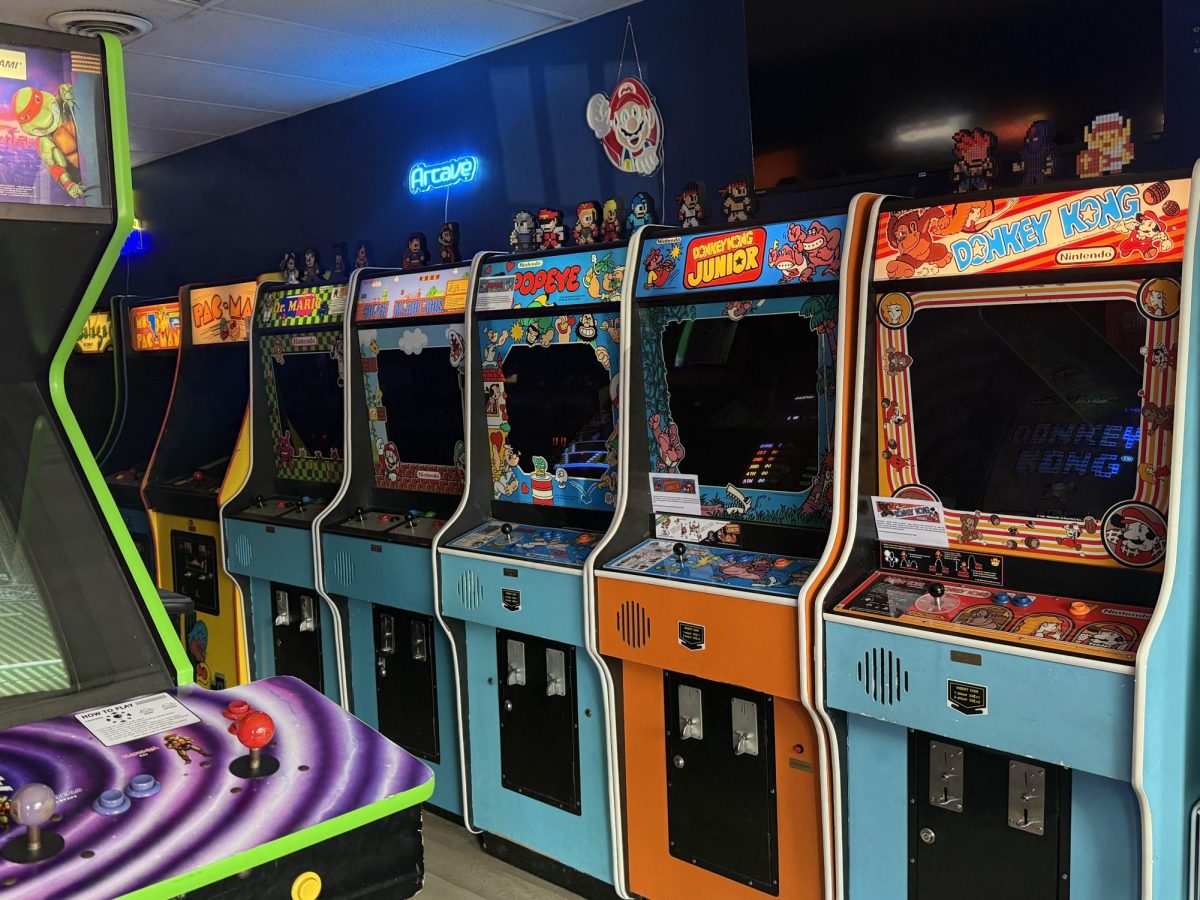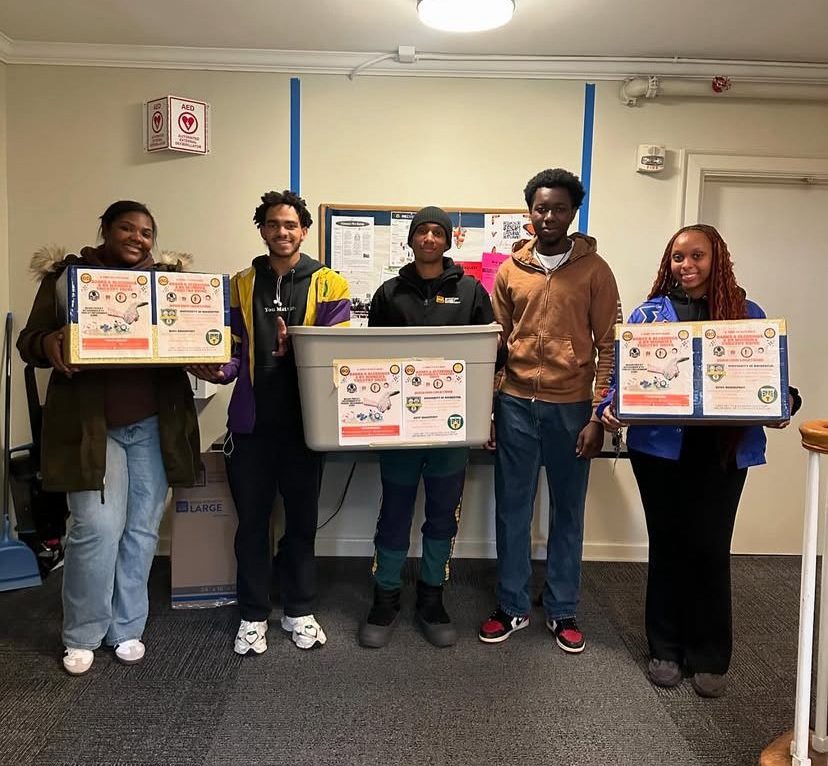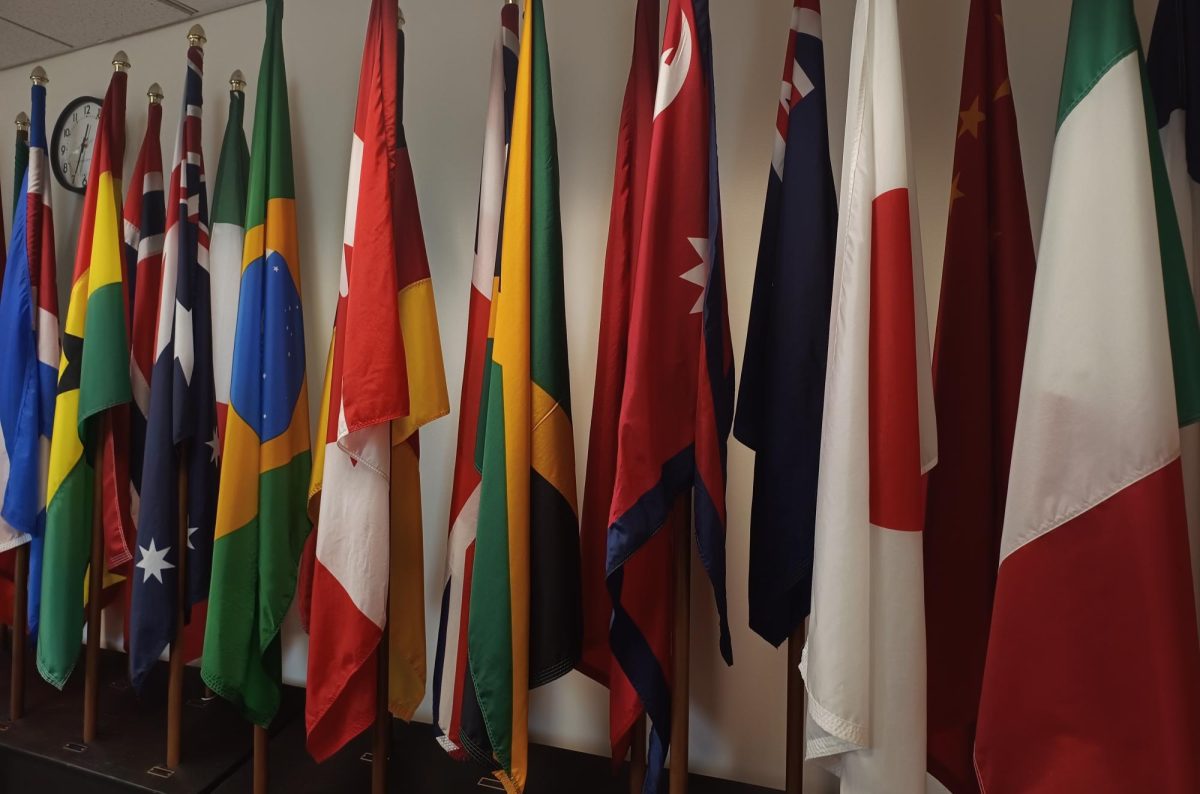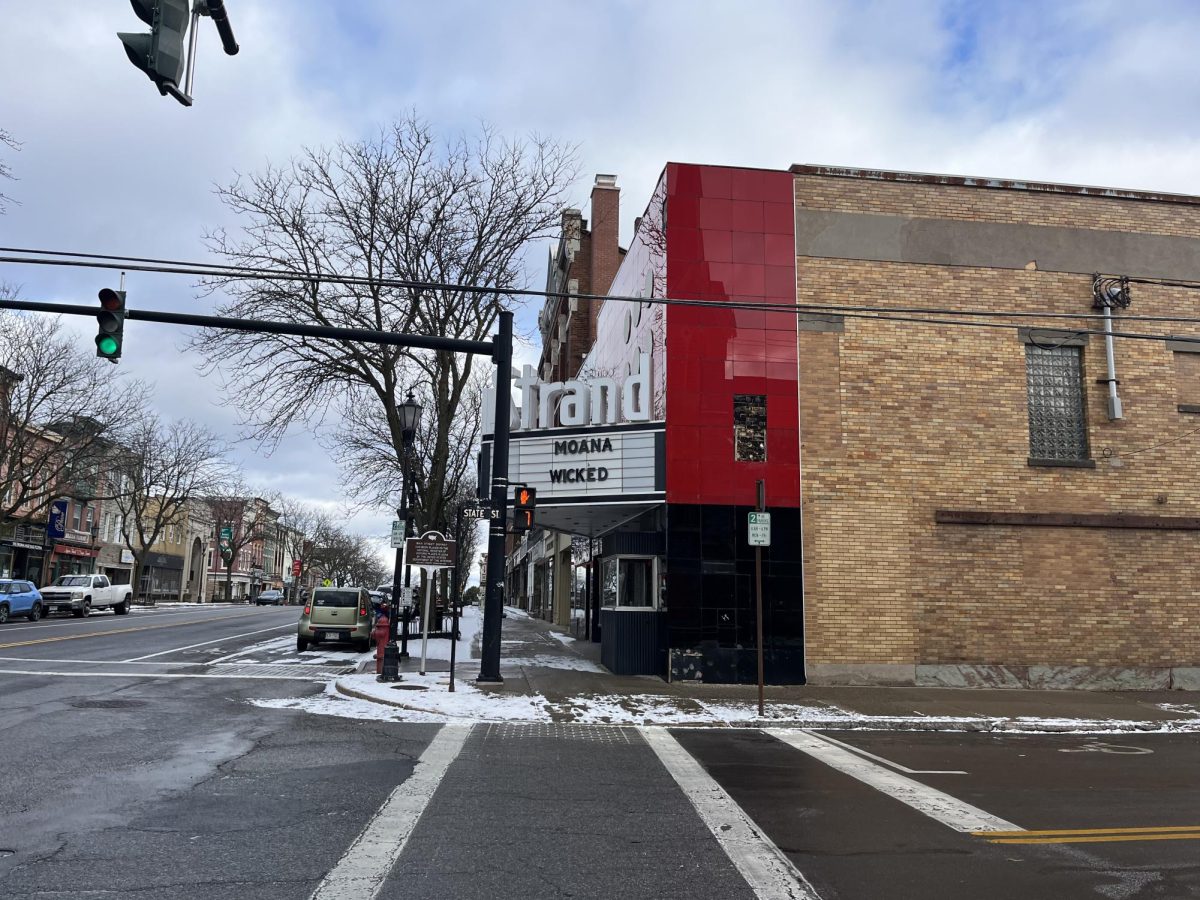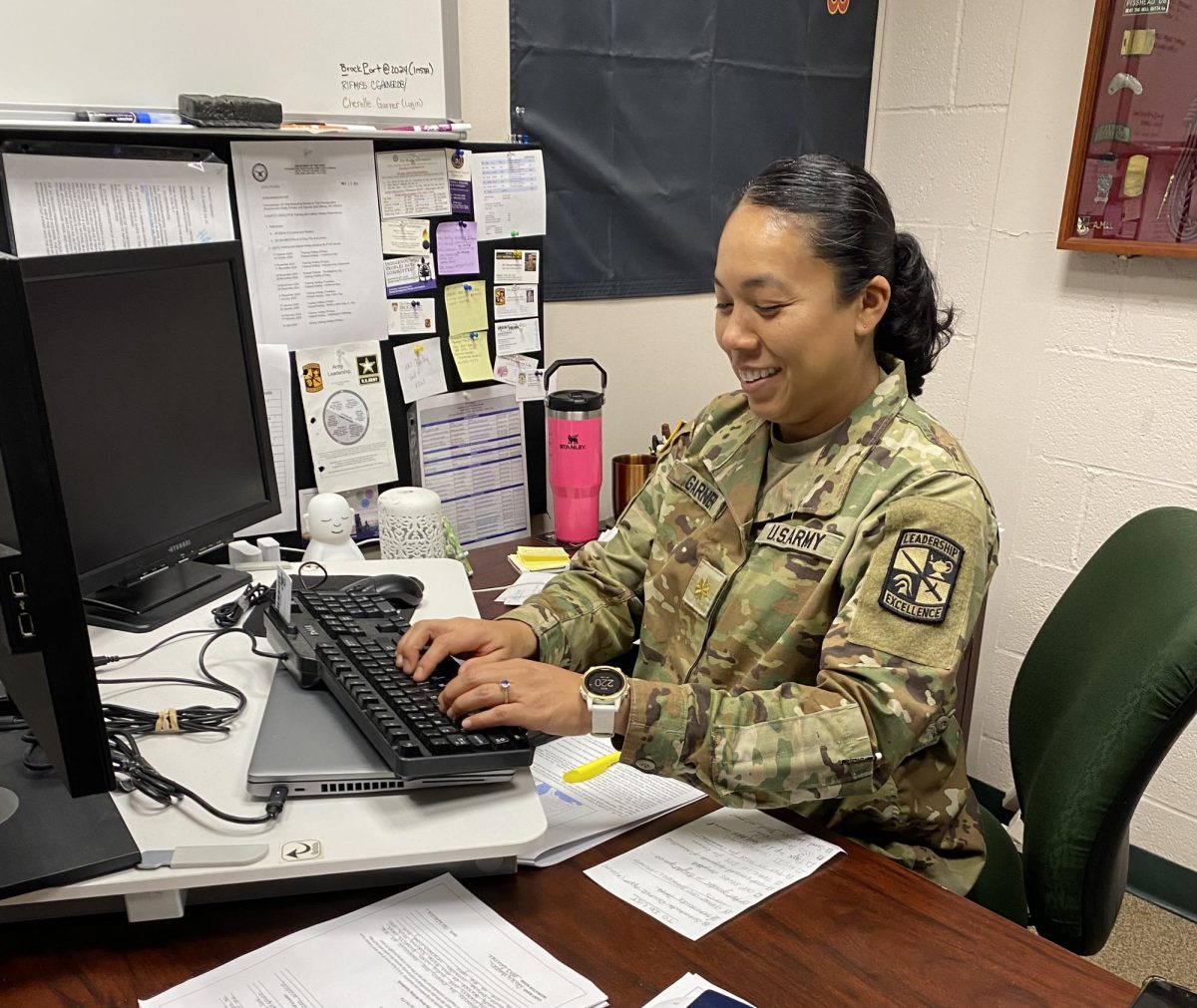By Graciella Dressler
For children, books are often viewed as a gateway to other worlds. Whether those worlds are filled with magical trees or have talking fish, these books encourage creativity and curiosity in young children. However, these worlds are now under attack.
According to Pen America, nearly 140 school districts in 32 states issued over 2,500 book bans during the 2021-2022 school year. These book bans will affect around 4 million students in America.
SUNY Brockport Women and Gender Studies Professor Barbara LeSavoy has studied the current book ban movement trends and she believes that America is recalibrating civic rights by restricting books.
“The moment we start to censor or restrict what we know, we are then deciding who is valid and who is not. If [society] says that we cannot read about you, we cannot know about you, and you are bad and wrong. Where does that put you? That puts you in survival, and your health and well-being are jeopardized. How could we [as a society] be okay with this?” LeSavoy said.
Many in society are okay with this. They believe censors are necessary due to what they call objectionable themes for children. Reports found that 41% of books banned explicitly address LGBTQ+ themes, another 40% featured protagonists or secondary characters of color, and 21% directly addressed issues of race and racism.
“The suicide rate among trans-identified folk is increasingly high, and anytime we introduce a rhetoric that is directed towards restriction, it harms or invalidates an identity,” LeSavoy said.
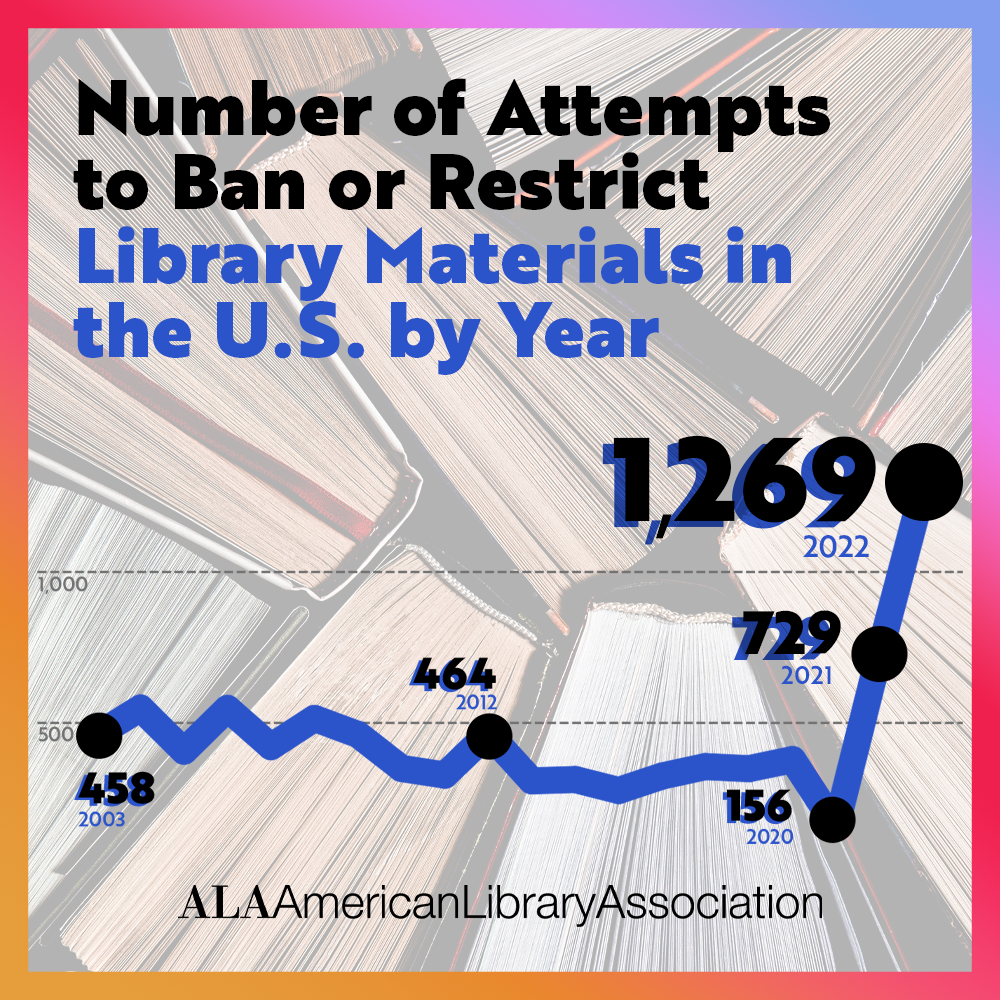
Brockport Lift Bridge Book Shop co-owner Sarah Bonczyk has heard about other books shop owners who agree with the censorships and refuse to give customers certain books.
“We have heard other bookstores with different opinions [than us], but they get to make those choices. [Customers] can make decisions on what bookstores they frequent, but we believe that if someone wants something to read, we are not going to stop them,” Bonczyk said.
Bonczyk also sees how harmful the restrictions can be to readers.
“We feel like restricting books is not in anyone’s best interest. It should be up to the children and their parents to decide. Making a decision on a level that attacks everybody, that does not seem right to us,” Bonczyk said.
The book restrictions are not limited to bookstores and public libraries. At Orchard Park High School in Buffalo, N.Y., books are being pulled off the school’s shelves.

SUNY Brockport English major Mia Pandža recalls hearing about parents from her hometown petitioning for the removal of certain books from the high school’s library.
“One LGBTQ+ graphic novel had a lot of more visual content that a lot of parents are petitioning to get rid of along with other similar books,” Pandža said.
The parents and community members are not just going after the books but some of the school workers are receiving a lot of hate and blame for the books that are being targeted.
“At the school board meetings, even online, [the parents] are harassing our librarians and calling them ‘pedophiles’ and other things, which is not true and an absurd claim to make base off the books,” Pandža said. “I think it’s horrible, especially for me as a member [of the LGBTQ community] …reading books written by adults who have been through these shared experiences provided a lot of comfort for me.”


Although the future seems to hold a lot of questions, LeSavoy is holding out for what she calls “little pockets of hope”.
“The only thing that we can rely on systematically is politics, elections, and voting. those are firm concrete things that we have power and control over. We should be an informed populous and do more to be educated citizens,” LeSavoy said.
LeSavoy says she believes that through peaceful disruption and revolution, things can change.
In the end, younger generations will be charged with safeguarding the fictional worlds and keeping the real world from becoming stranger than fiction.

